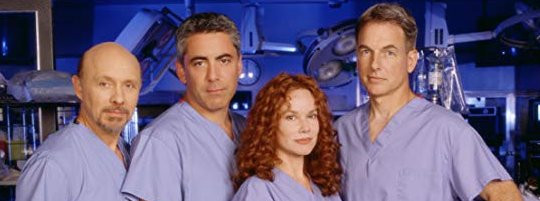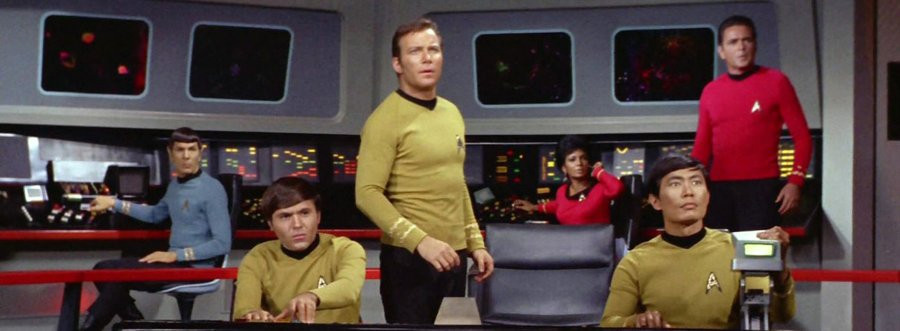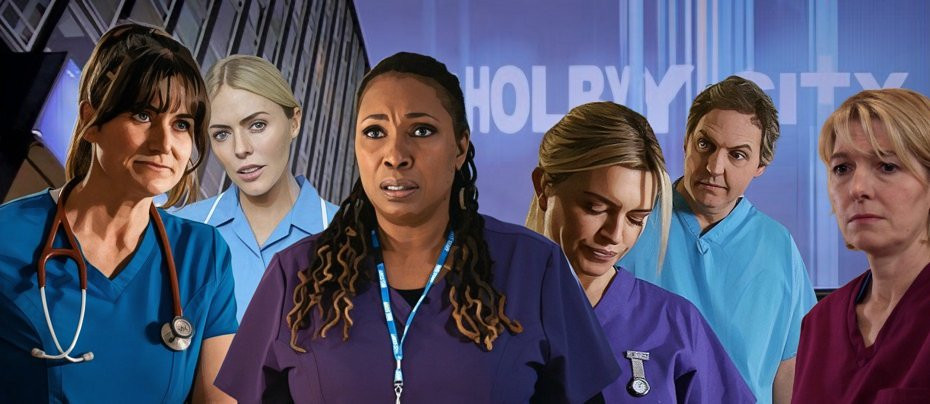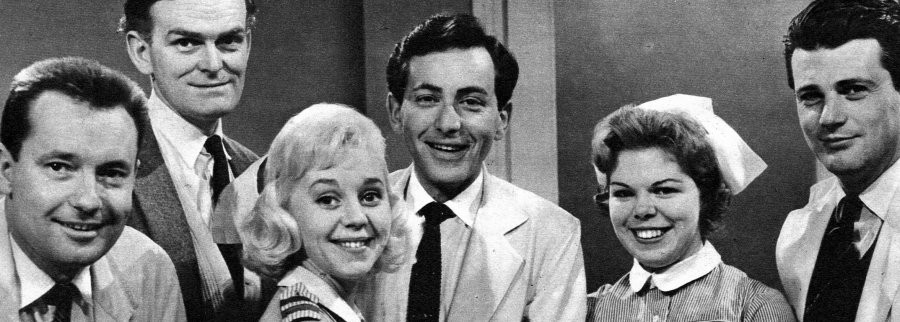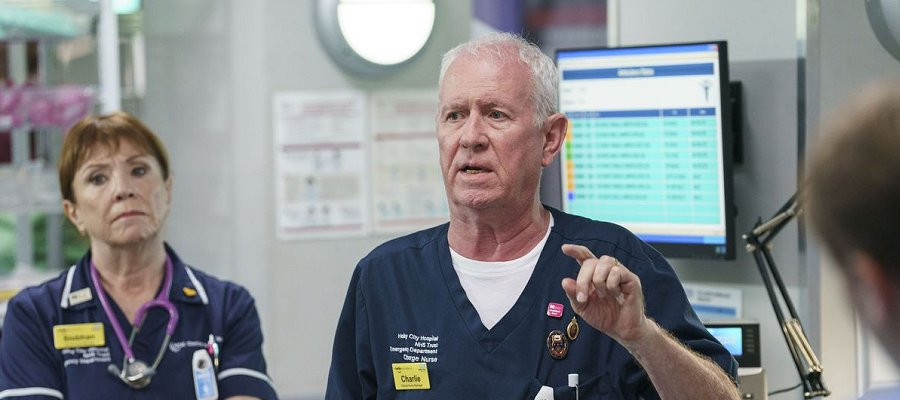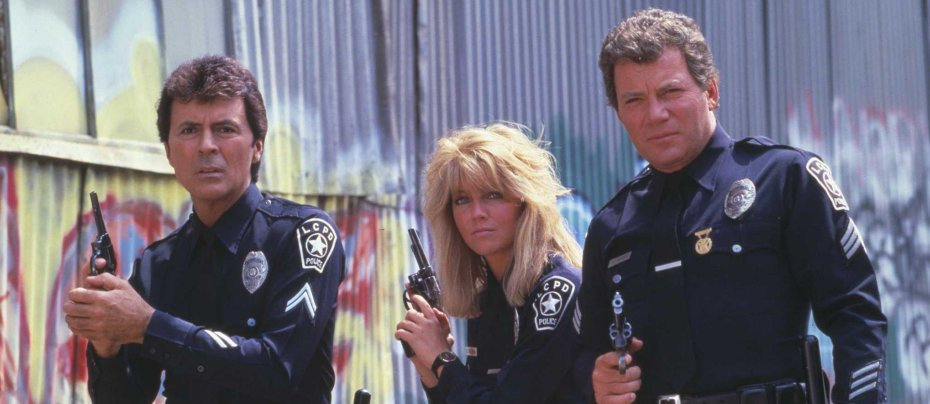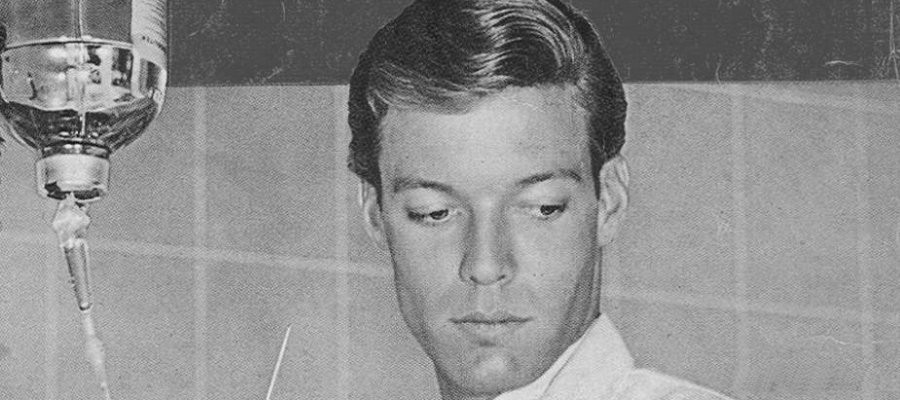
Dr. Kildare
1961 - United KingdomDr. Kildare, based on the stories by novelist Max Brand, made its television debut in 1961. The character of Dr. James Kildare had already appeared in several films since the 1930s, so the transition to the small screen was a highly anticipated one. The show’s titular casting was initially offered to William Shatner, with Raymond Massey playing the role of Dr. Leonard Gillespie, a senior doctor who would serve as the mentor to the young, idealistic Kildare. However, Shatner, perhaps more famous for his future role in Star Trek, opted for another part on a different show (he would, however, go on to make several guest appearances). This decision left a relatively unknown actor, Richard Chamberlain, to step into the central role. It was a decision that would turn out to be a stroke of luck for the series, as Chamberlain quickly became a household name.
The series begins with Dr. Kildare, along with two other doctors, Simon Agurski (played by Eddie Ryder) and Thomas Gerson (played by Jud Taylor), taking up new posts at Blair General Hospital. While the characters of Agurski and Gerson were eventually written out after just one season, Kildare’s journey continued to unfold, and Chamberlain’s portrayal of the young, compassionate doctor became the heart of the show. At six feet tall with blonde hair and piercing blue eyes, Chamberlain’s striking looks, combined with his earnest and empathetic portrayal of Dr. Kildare, quickly endeared him to audiences, especially the show’s female demographic. Within a year, Dr. Kildare had garnered a dedicated following, with the show attracting around 15 million viewers weekly.
One of the key strengths of Dr. Kildare was its ability to tackle real-life issues and the moral and ethical dilemmas faced by the medical profession. Each episode typically featured multiple storylines, often focusing on the personal and professional struggles of the doctors at Blair General Hospital. The show explored the complexities of patient care, the emotional toll on medical professionals, and the impact of medical decisions on both doctors and patients. Through Kildare’s experiences, the show offered viewers a glimpse into the world of healthcare that was both educational and emotionally resonant.
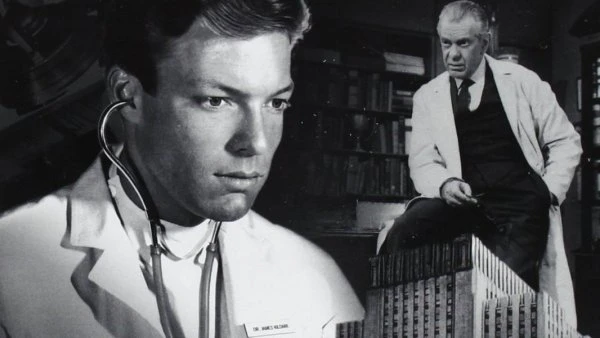
The central dynamic of the series was the mentor-mentee relationship between Dr. Kildare and Dr. Gillespie. Raymond Massey’s portrayal of the seasoned and often gruff Dr. Gillespie provided the perfect foil to Chamberlain’s youthful optimism and idealism. This contrast created a compelling, sometimes humorous, and always emotionally engaging relationship. Dr. Gillespie’s wisdom and experience guided Kildare as he navigated the challenges of his medical career, while Kildare’s youthful exuberance and commitment to patient care often inspired Gillespie to reassess his own approach to medicine.
Dr. Kildare’s biggest competition at the time came from another popular medical drama, Ben Casey, which debuted around the same time and ended just a few months before Dr. Kildare. Despite this rivalry, Dr. Kildare remained a standout hit for NBC, with its nuanced exploration of medical and personal dilemmas. However, after 142 hour-long episodes, the series was condensed into a 30-minute format, and its popularity began to wane. Richard Chamberlain, expressing his dissatisfaction with the repetitive nature of the show, commented that he had “worn out every facet” of the character. In 1966, NBC ultimately decided to cancel the series.
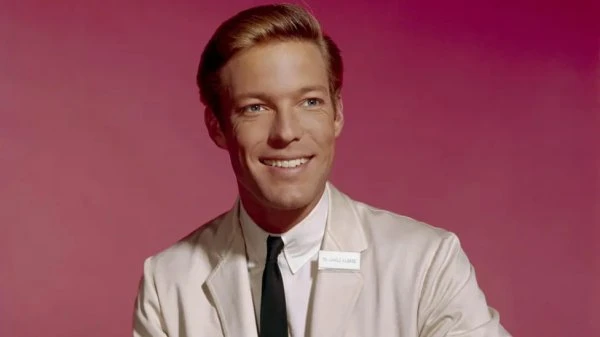
Though Dr. Kildare was over, Richard Chamberlain went on to have a successful career in television, with notable appearances in mini-series throughout the 1970s, including Shogun and The Thorn Birds. In 1972, MGM attempted to revive the show with a new iteration called Young Dr. Kildare, but it was unsuccessful in recapturing the magic of the original series. This attempt to revive the franchise was ultimately a failure, and Dr. Kildare remained one patient that could not be revived.
Despite its cancellation in 1966, Dr. Kildare remains a beloved classic, remembered for its empathetic portrayal of the medical profession, its strong central performances, particularly by Richard Chamberlain, and its thoughtful exploration of human emotion and ethics. Although it may not have been able to make a lasting comeback, the series still holds a special place in the hearts of those who remember it as one of the defining medical dramas of its time.
Seen this show? How do you rate it?
Seen this show? How do you rate it?
Published on December 8th, 2018. Written by Laurence Marcus for Television Heaven.


